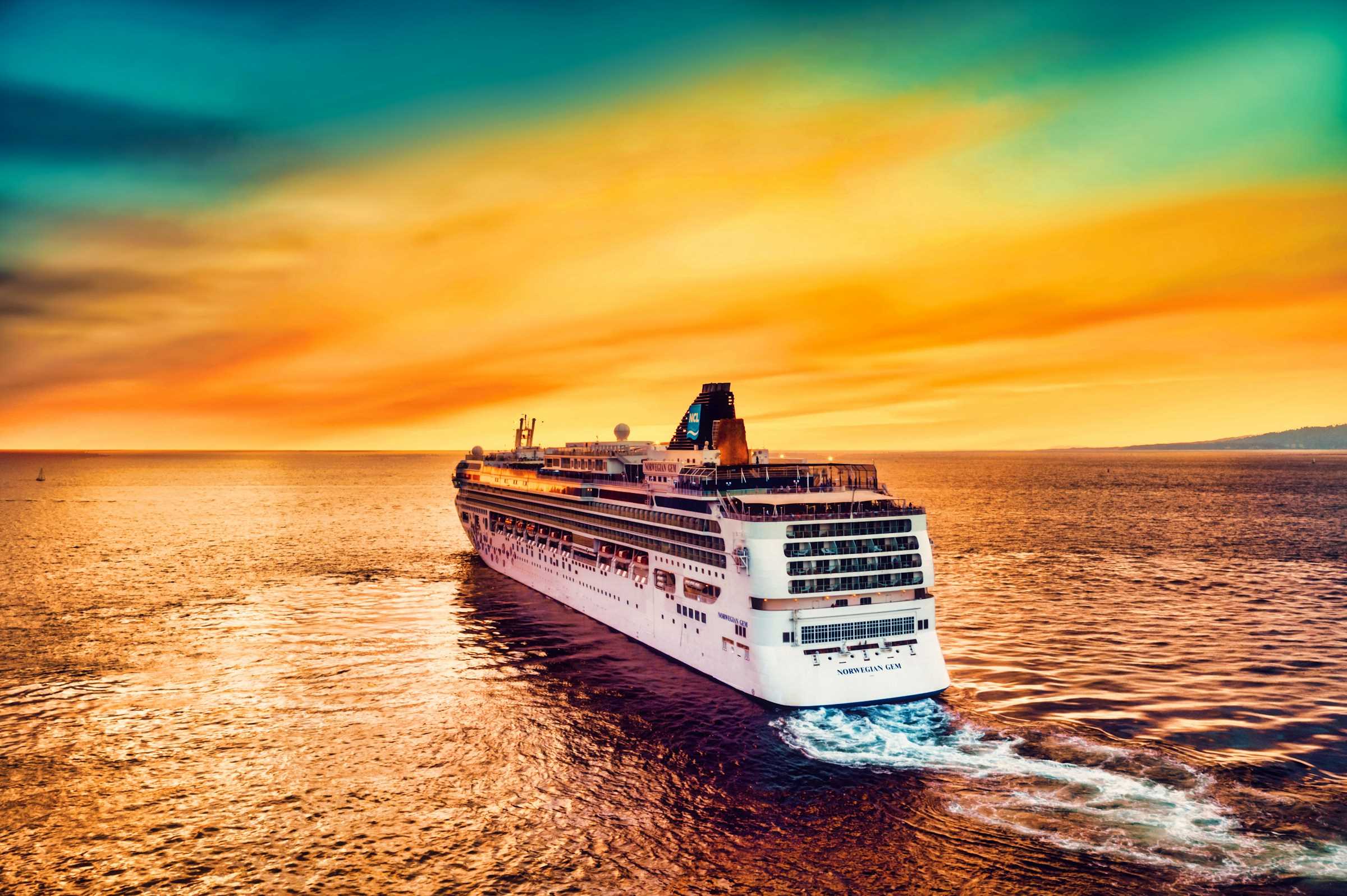Mexico’s lower house of Congress has approved a $42 immigration fee for every cruise passenger docking in the country, ending a long-standing exemption for those who remain on board overnight or do not disembark. This new legislation applies the fee regardless of passengers’ activities onshore and is part of a broader government strategy to increase revenue.
Notably, two-thirds of the revenue generated by the fee is earmarked for the Mexican army, raising questions about its purpose, as the funds are not directed toward improving port infrastructure. The Mexican Association of Shipping Agents has voiced concern, warning that the fee could make Mexican ports some of the most expensive worldwide, reducing their competitiveness against other Caribbean destinations.
Cozumel, one of the busiest cruise ports globally, handling approximately four million passengers annually, is expected to feel the impact of the proposed fee. Industry experts worry that it could deter cruise lines from including Mexican ports in their itineraries, affecting both the tourism industry and local economies that rely heavily on cruise-related revenue.
The fee is part of the ruling Morena party’s efforts to address budget shortfalls associated with large-scale infrastructure projects, many of which are overseen by the military. The bill now moves to the Senate for consideration, and if enacted, it could reshape Mexico’s cruise tourism landscape, with significant implications for both the industry and local stakeholders.


